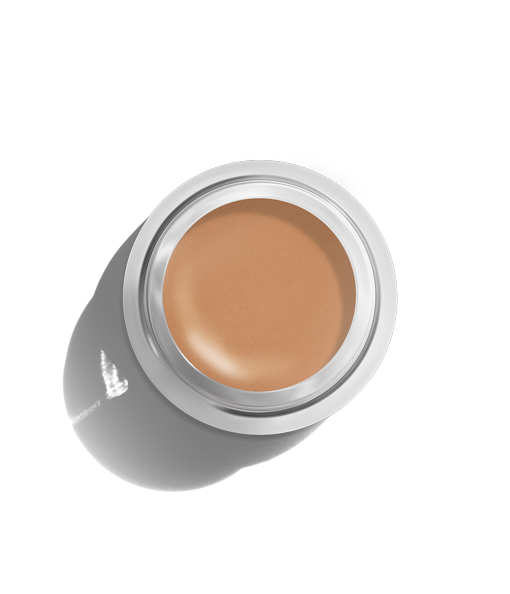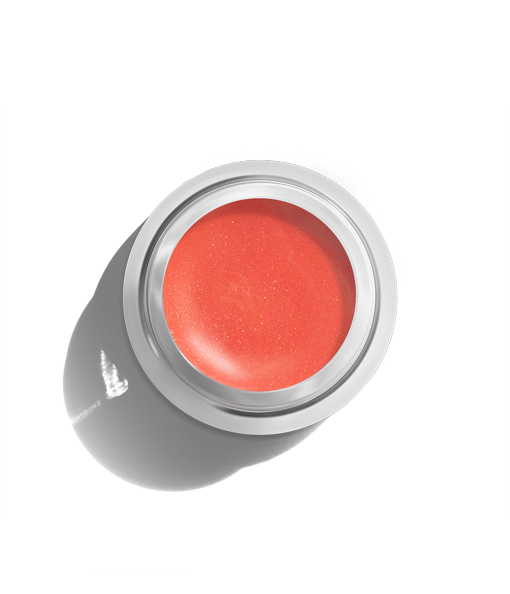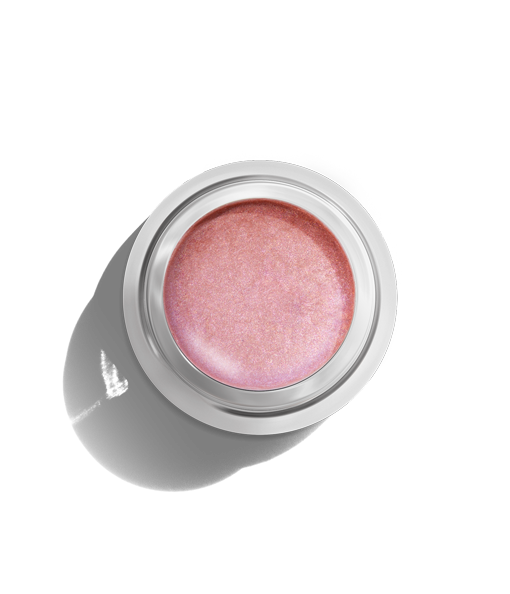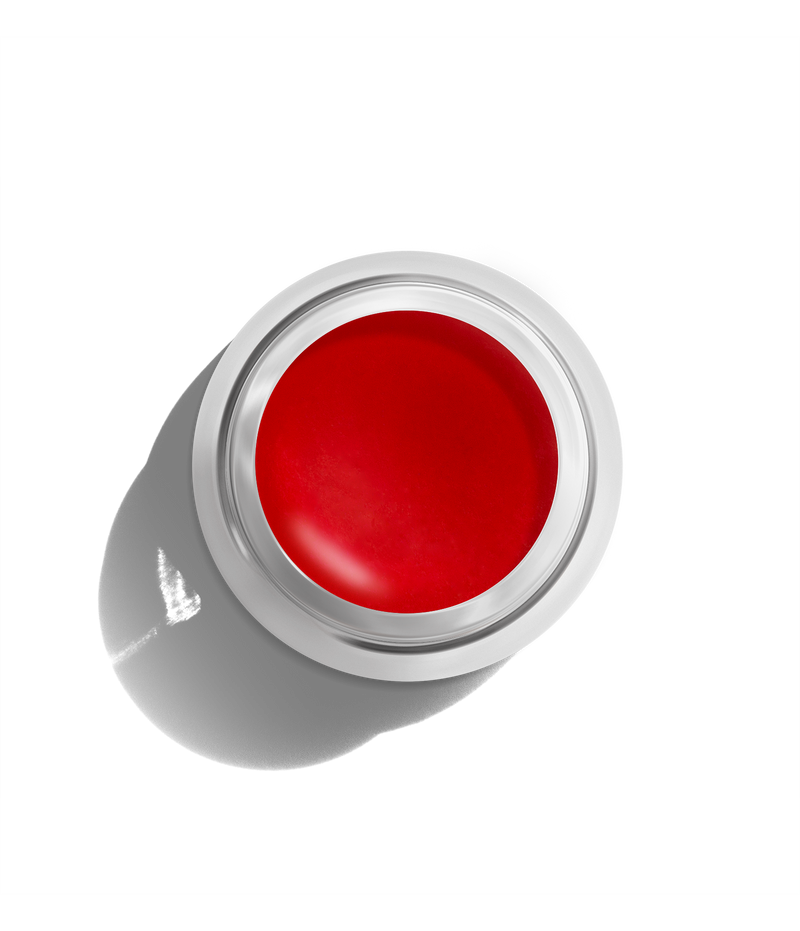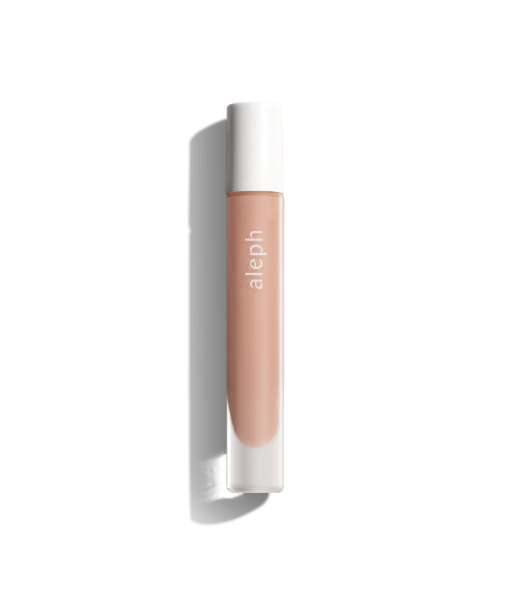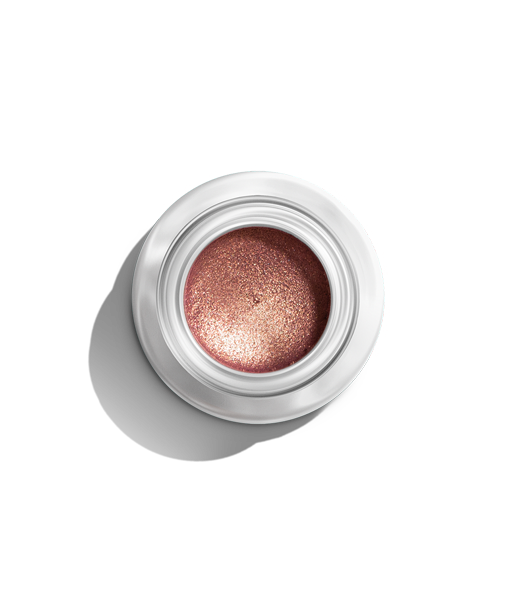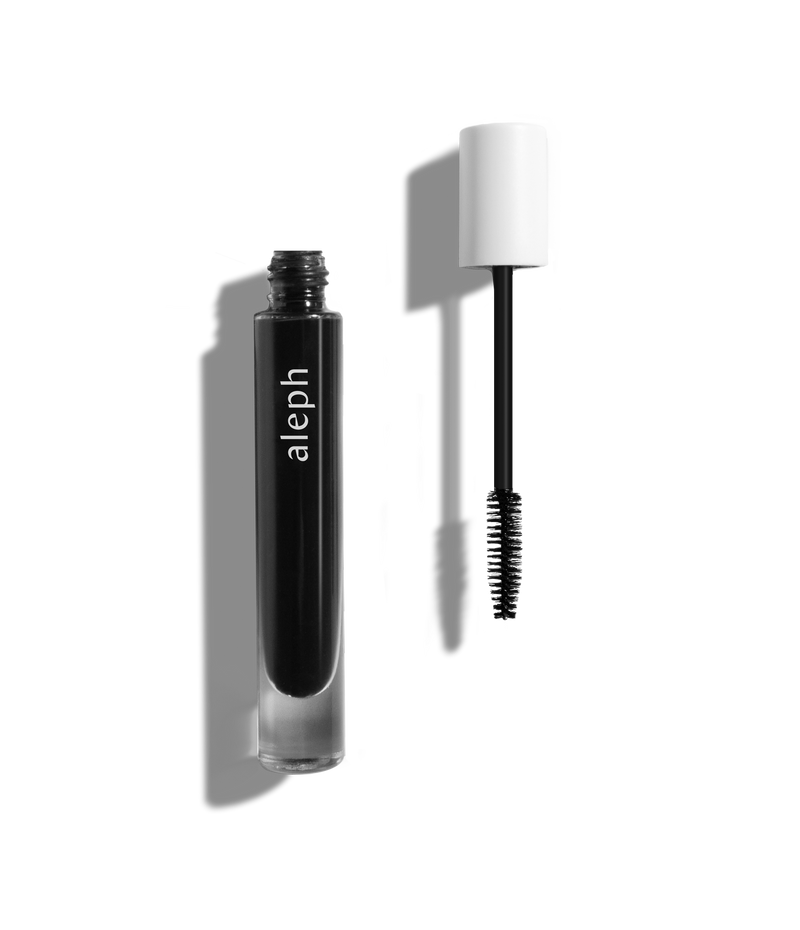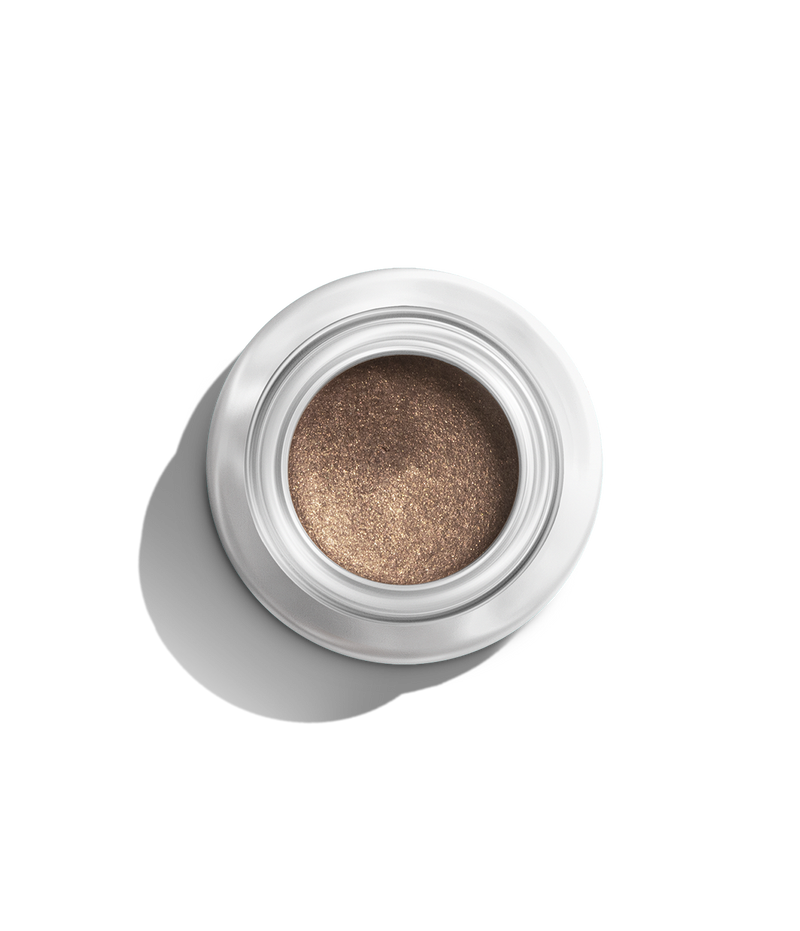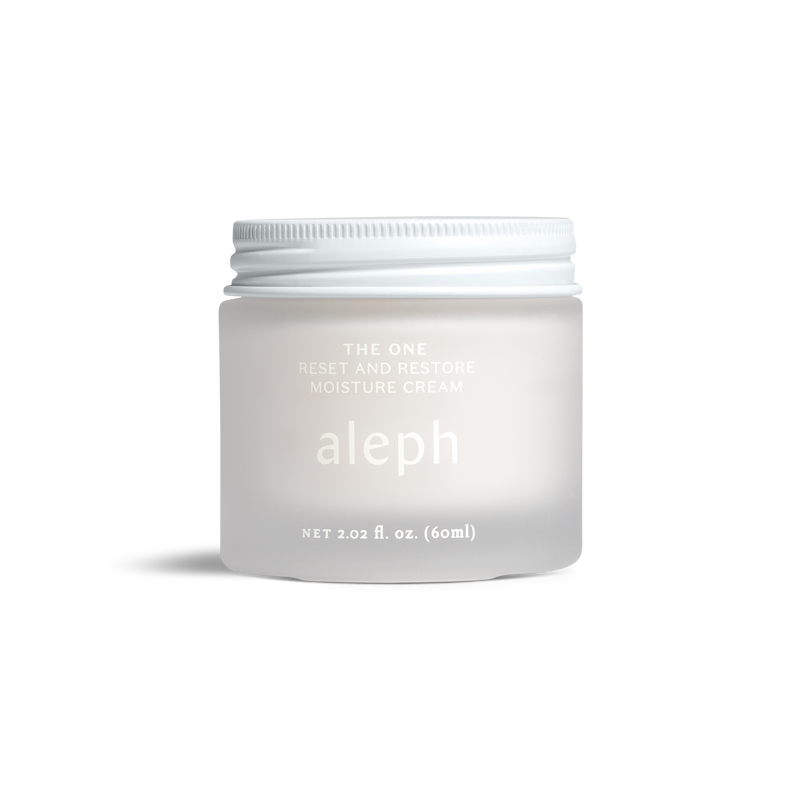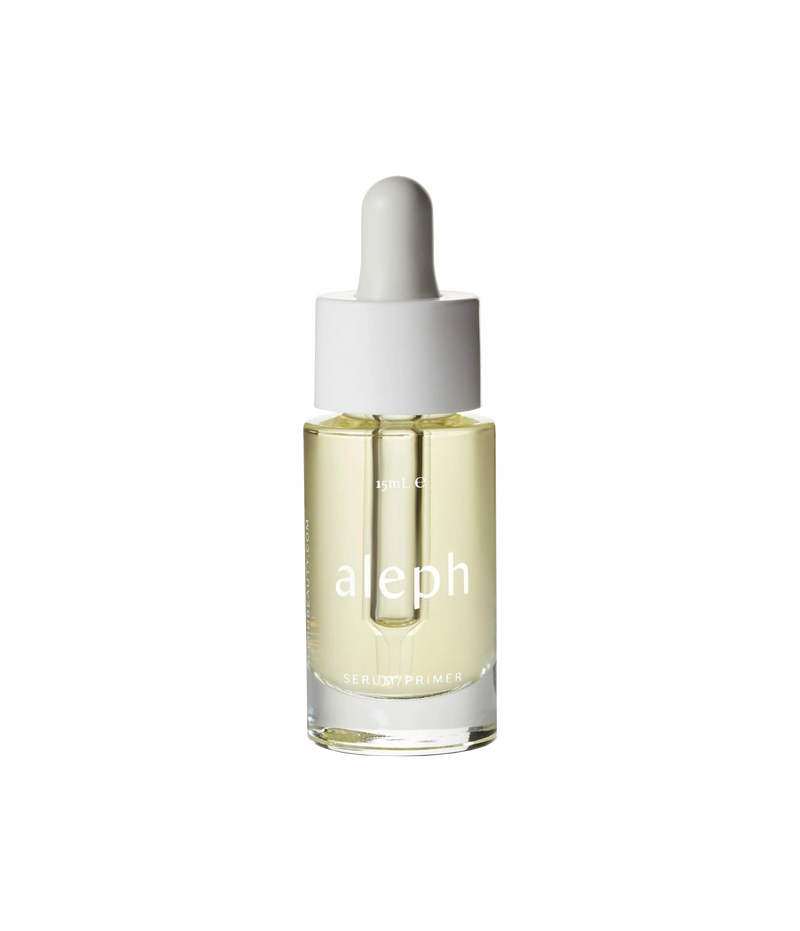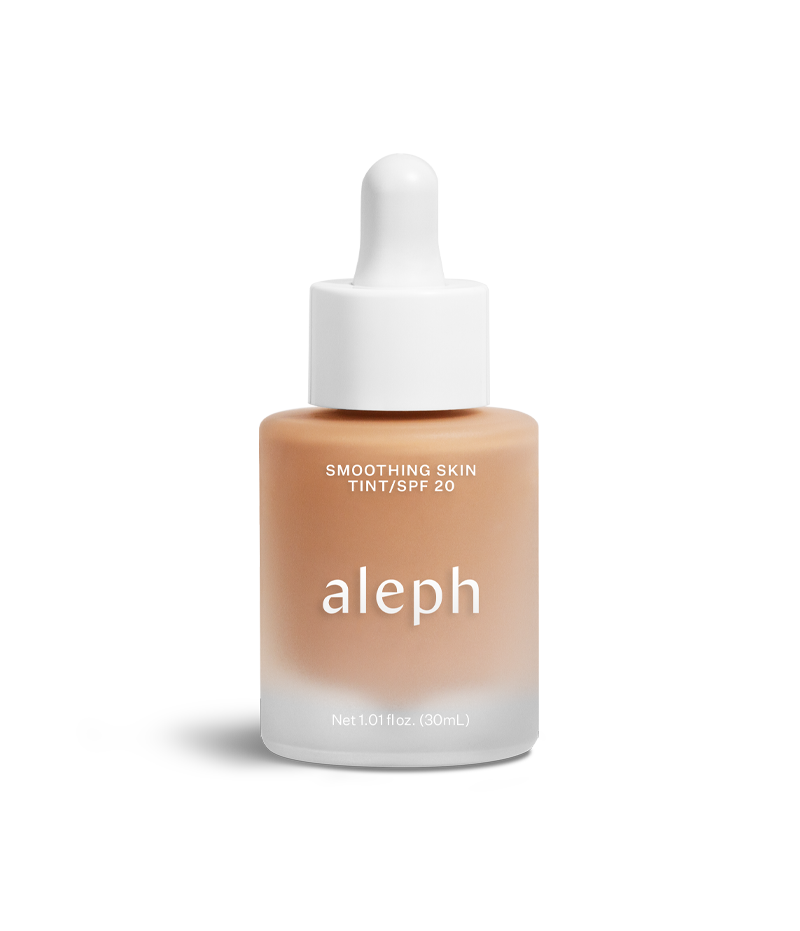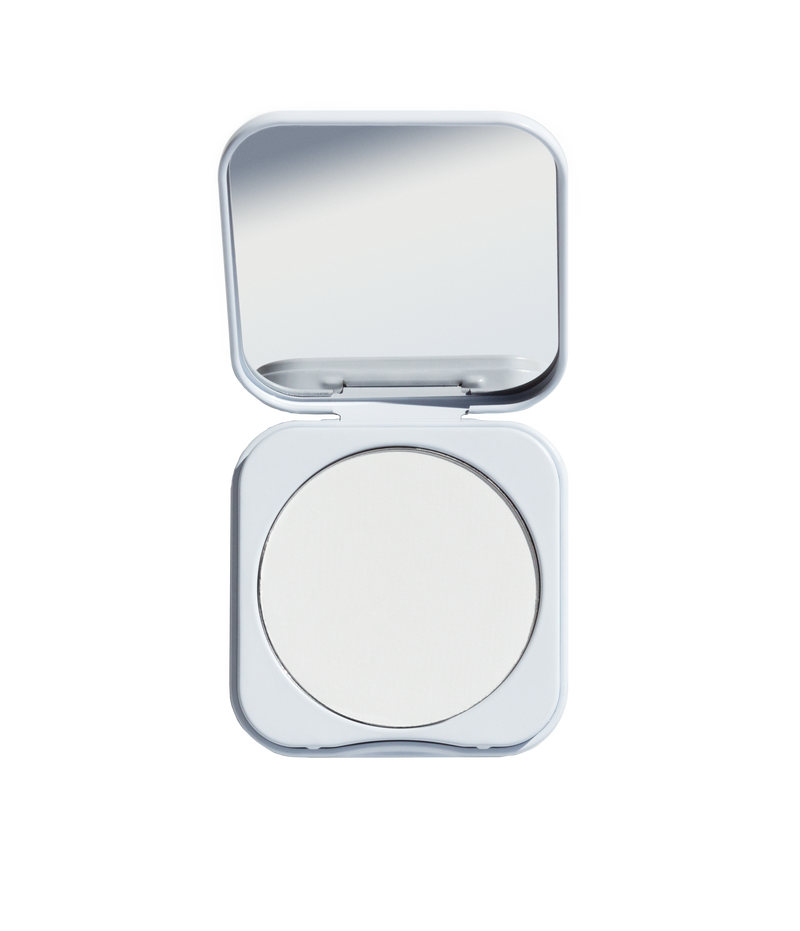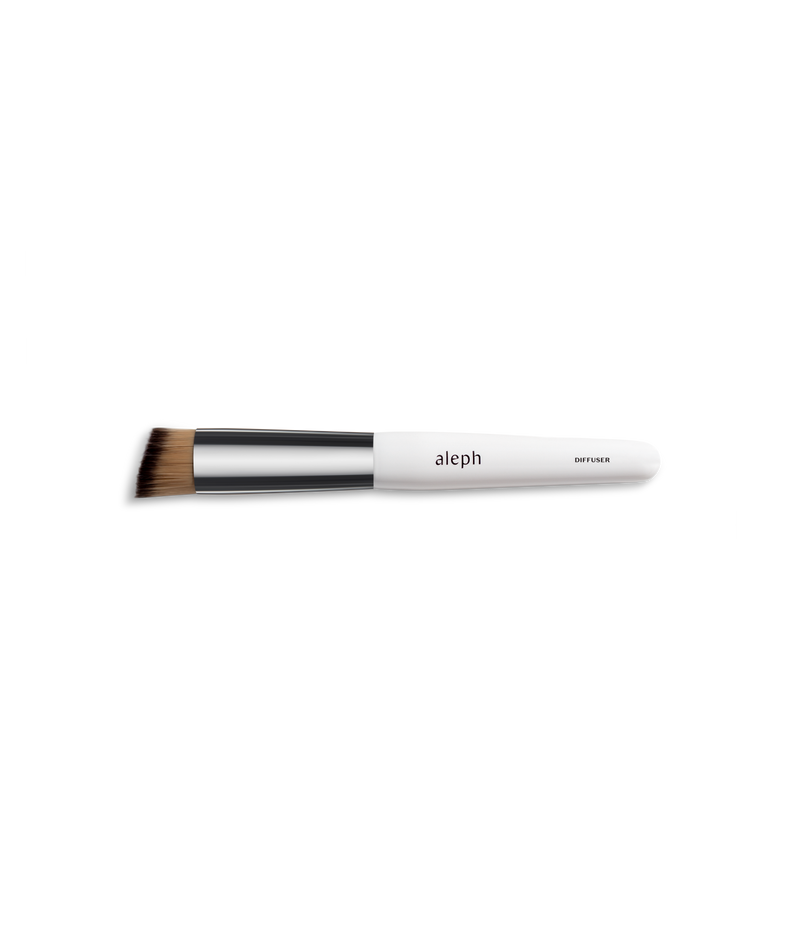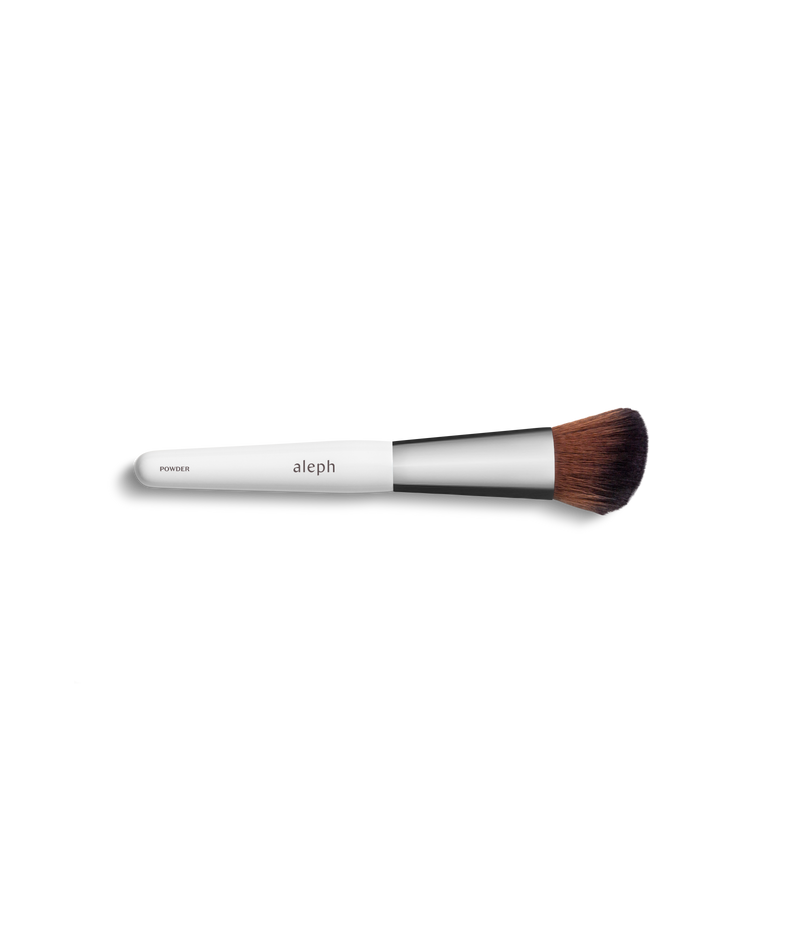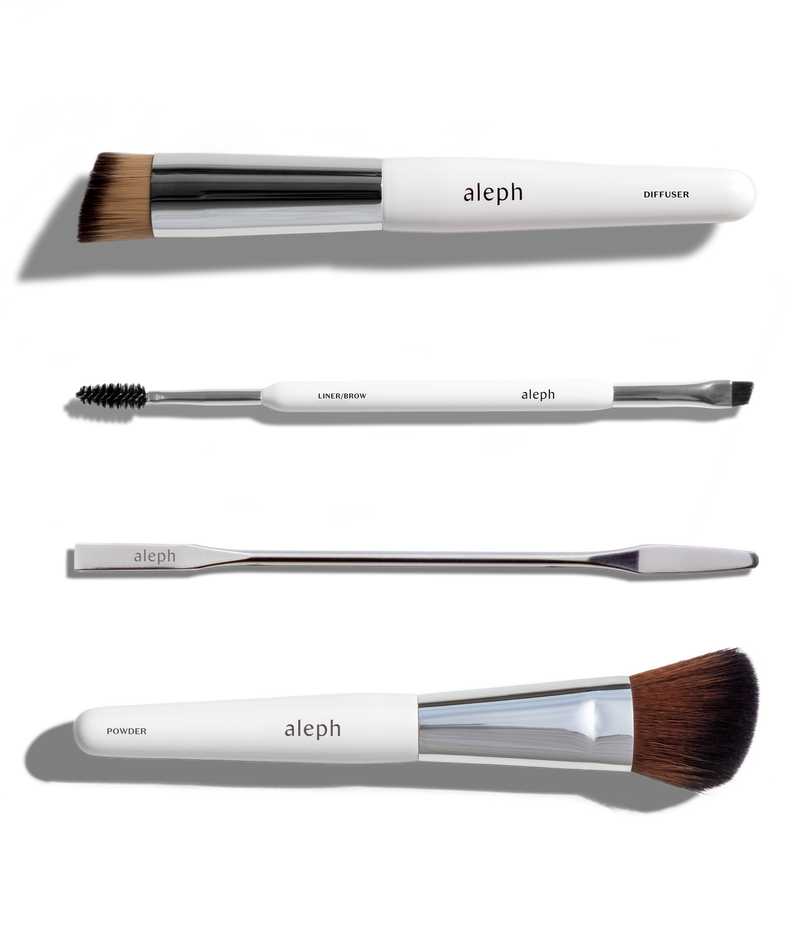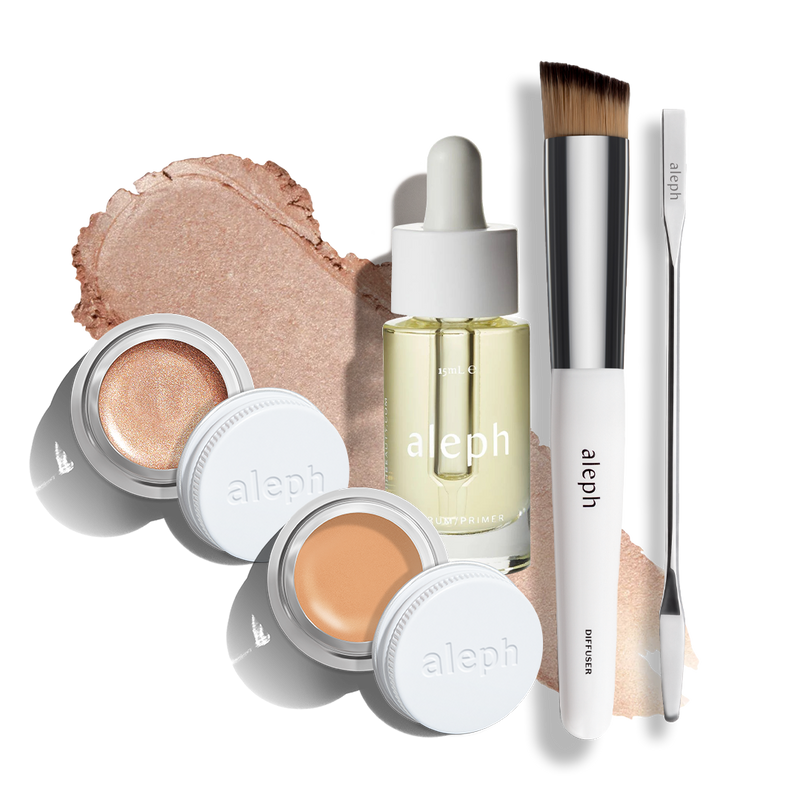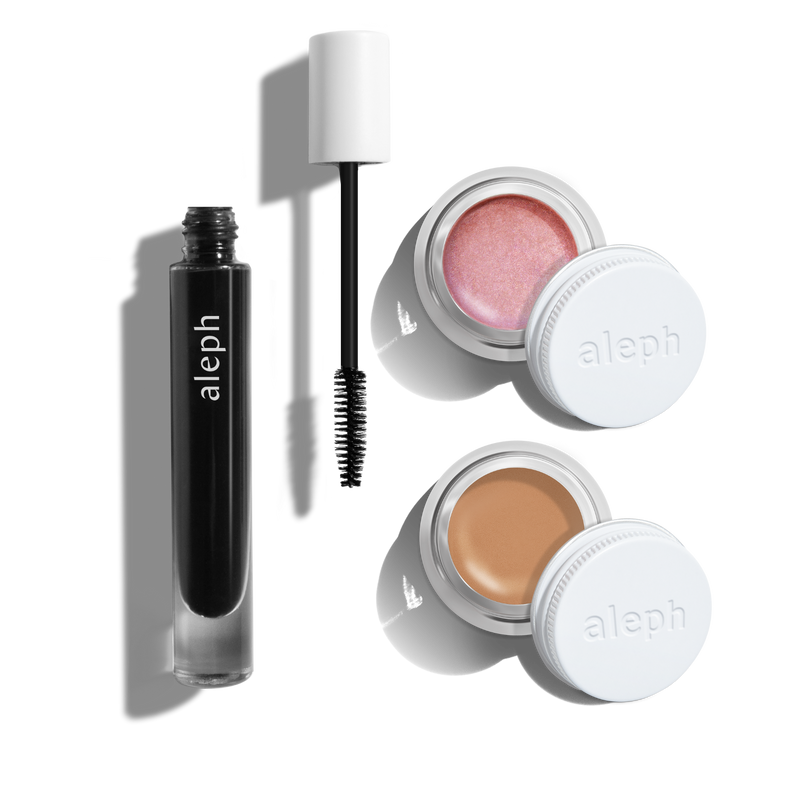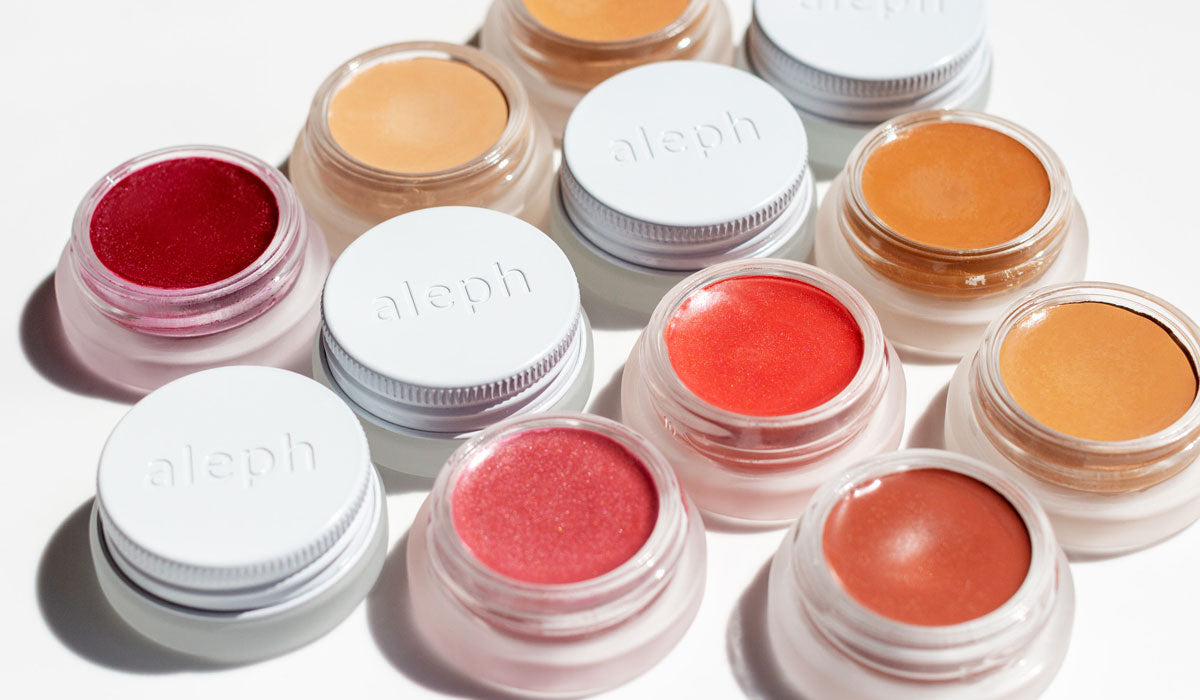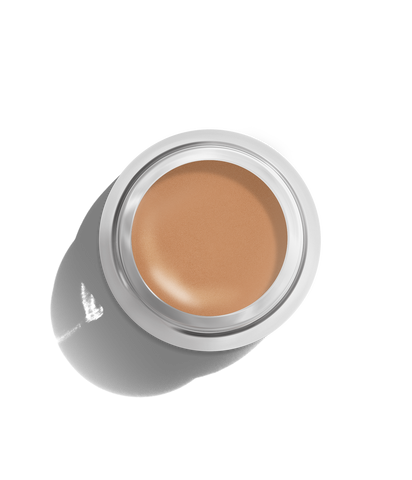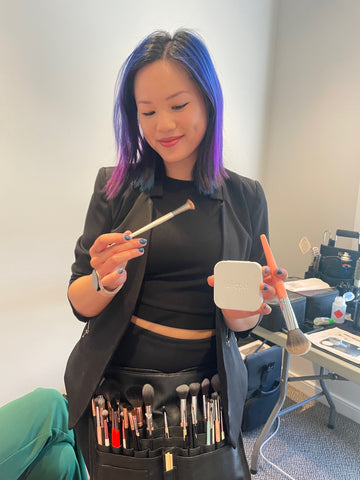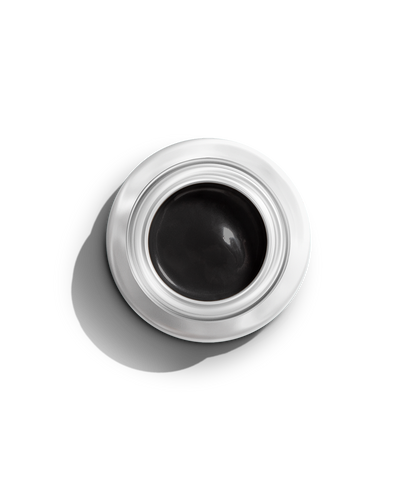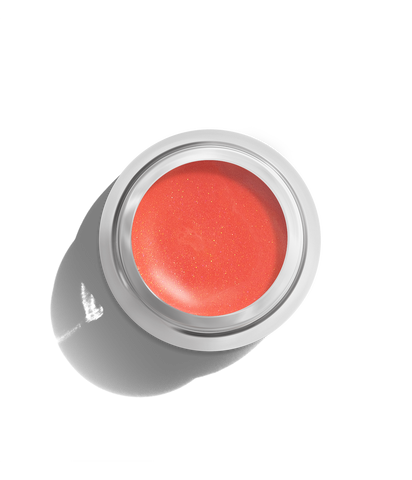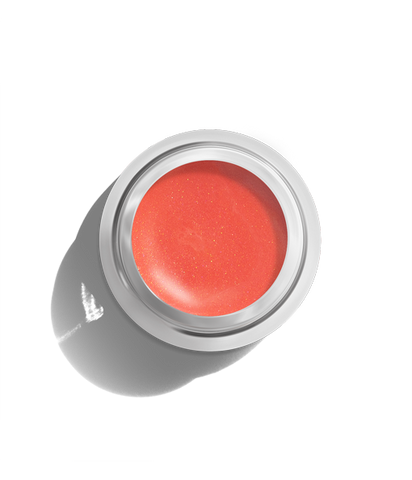When it comes to ethical fashion and beauty, Kate Hall of Ethically Kate knows her stuff. Her mind is a well-cultivated trove of tips and tricks for sustainable living, and we often turn to Kate for ethical inspiration. So it was only fitting that we ask Kate to shine some light on the phenomenon of greenwashing and its impact on the beauty industry.

Is it just me, or has everyone gone green? I’ve been noticing the green coloured shampoo bottles grow in numbers on the supermarket shelves, the word ‘organic’ pop up on every second advertisement, and even the most unsuspecting friends of mine get excited over their brand new reusable coffee cups.
2019 seems to be the year we finally realise our climate is in crisis and our environment has been compromised. The facts are in, and we know we must change our habits to match our intentions of protecting our planet and the creatures inhabiting it (that also means us!). But, when it comes to making eco-friendly purchases, how do we know where to shop? Which companies are legit? Who is really telling the truth?
Unfortunately, with the rise in zero waste and low footprint lifestyles, businesses are false advertising their ‘green practices’, without going green at all. Let me introduce you to a nasty term known as greenwashing. Sometimes referred to as the ‘green sheen’, greenwashing is making waters murky for consumers, and tainting all the incredible work real green businesses are doing to better our planet.

I know what you’re thinking, but no. Greenwashing does not involve washing your clothes with environmentally friendly detergents (though that’s a great idea!), chucking a load of green clothes in the wash, or even rinsing your clothes in green dye so they all turn the colour green. Greenwashing is the practice of putting more resources into telling the world you are doing something good for the planet, than actually implementing those eco-friendly processes. It’s a deceptive marketing tool that includes using the colour green, leafy symbols for advertising collateral or logos, words like ‘natural’ ‘eco’ and ‘green’ that stand alone without explanation, token or random charity donations, and pristine green landscapes paired with products or services that have nothing to do with what is being sold.
For example, imagine a plastic water bottle brand marketing their “clean and green” water, and explaining a percentage of proceeds go to helping restore rainforests. The bottle is made from plastic- not great for the planet. The water bottle company’s strategy in linking their product with other environmental concerns is greenwashing. Alternatively, picture a billboard with an image of a large four-wheeled truck placed in front of a glorious green field and flowing waterfall…. Greenwashing.
Greenwashing is a way to make more money, boost brand reputation, and gain customers. It’s a company’s way of using and abusing the planet to get to where they want to be. Fortunately for us, there are ways to avoid being sucked into the greenwash, and purchase products that are made with proper consideration for the planet.

How to avoid greenwashing:
1. Do your research.
Sure, it’s hard to spend time researching every single product before you buy, but start by researching your most commonly bought items one by one, and make changes incrementally. Dive deep into a brand’s values, find out what backs up their green marketing claims, and discover honest reviews or even studies around how their products or services impact the planet. When researching, it’s important to remember green perfection is not possible, but as long as you think they are trying their best.
2. If something sounds fishy, it’s fishy.
Do the promises sound too good to be true? You’re probably right. Unless you’ve completed your own research and they’ve passed with flying colours, listen to your gut.
3. Look at the brand holistically.
Perhaps they support orangutan wildlife centres, but what about their unsustainably sourced palm oil that destroys orangutans homes? Think about how a brand stacks up by not stopping with information around just one aspect of their practices, but assessing all that they do. No one can be perfect, but don’t let one piece of green marketing fool you.
4. If they won’t tell you, it’s probably not good news.
Don’t be afraid to call a brand up on something that you think is greenwashing. Spending your hard earned cash on a product is a big decision, no matter how small. A purchase shows you support what the company does, and want them to continue doing what they do. Therefore, it’s in every company's best interest to answer your questions so you know exactly who and what you are supporting. Ask: how was it made, who made it, where will it end up once you’ve finished with it, how can it be repaired after wear and tear? If a company is not able to give you direct answers, they’re probably hiding something.
While it’s difficult to navigate a world full of green tints and money hungry corporations, it’s important that we do our own research, use our best judgement, consider the brand holistically, and aren’t afraid to ask questions. With these tools in mind, we’re bound to sort the greenwashers from the true greenies.
Good luck greenwash dodging!

 BACK
BACK